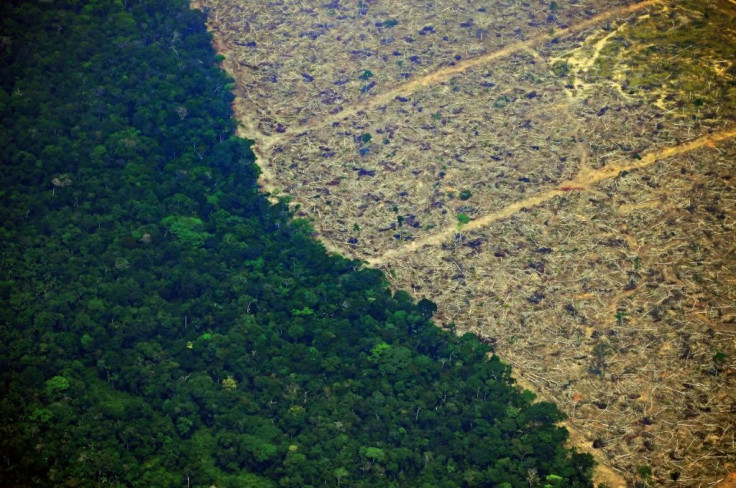Planting New Forests Can Do More Harm Than Good, New Study Warns
KEY POINTS
- Studies revealed that programs that aim to plant entire forests might be harmful
- Planting entire forests can affect the biodiversity of native trees
- The amount of carbon trees can absorb has been overestimated
New studies have revealed that programs aimed at encouraging people to plant more trees or entire forests can actually do more harm than good. Aside from reducing the biodiversity of native trees, these kinds of programs also tend to overestimate the amount of carbon trees can absorb.
The studies were conducted by two different international teams of researchers. Both were published on Monday (June 22) in the journal Nature Sustainability.
Planting trees has always been regarded as a low-cost solution to global warming. This idea is mainly due to studies highlighting the ability to absorb carbon in the air.
As a result, various programs were established to urge groups and even entire countries to plant trees. One of these, known as the Bonn Challenge, is urging countries to plant entire forests in order to restore about 350 million hectares of deforested land by 2030.
In most cases, these kinds of programs and challenges offer financial incentives to encourage people to plant more trees. For instance, the authors of one of the studies learned that in Chile, landowners were subsided from 1974 to 2012 to fill their lands with new trees in order to curb the effects of deforestation.
Although the program was able to increase the number of trees in the country, researchers noticed a decrease in biodiversity. Due to the financial incentives involved, many landowners replaced native forests in the lands with their own tree plantations. Most of the trees in these plantations came from the same species.
The researchers also learned that the decrease in biodiversity also lessened the ability of the trees in the country to absorb more carbon.
“If policies to incentivize tree plantations are poorly designed or poorly enforced, there is a high risk of not only wasting public money but also releasing more carbon and losing biodiversity,” Eric Lmbin of Stanford University, one of the co-authors of the study, said according to BBC.
“That's the exact opposite of what these policies are aiming for,” he added.
Aside from its effect on biodiversity, the researchers also learned that the programs tend to overestimate the amount of carbon new tree plantations can absorb.
As noted by the researchers, this data would depend on the amount of carbon already present in the soil where the trees will be planted.
Based on their findings, the researchers noted that relying solely on planting entire forests might not be enough to solve the issues related to climate change.
“We hope that people can understand that afforestation practices are not one single thing,” Anping Chen from the Colorado State University said. “Afforestation involves many technical details and balances of different parts, and it cannot solve all our climate problems.”

© Copyright IBTimes 2024. All rights reserved.





















